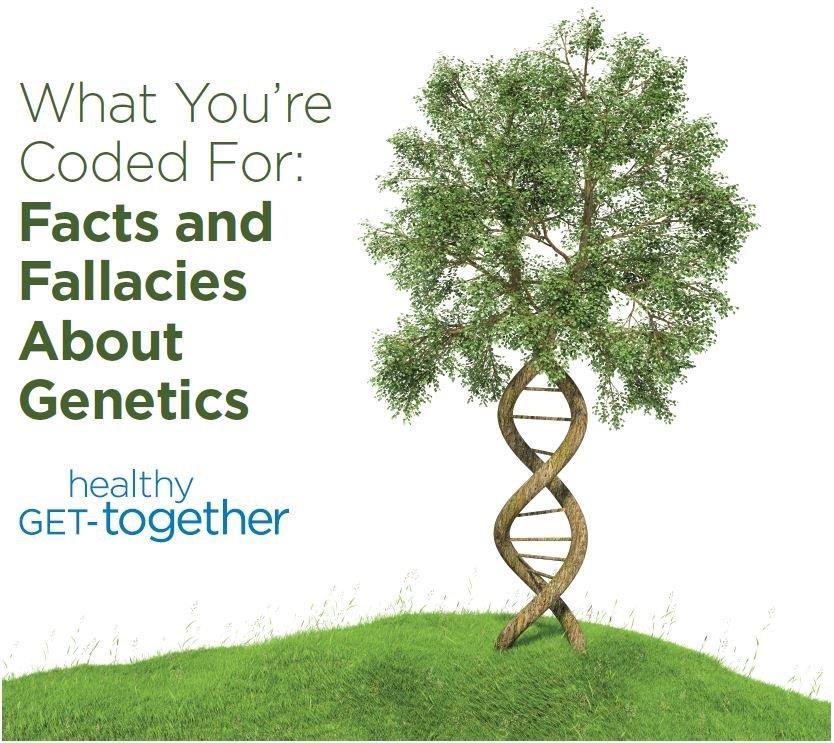Genetics: More than what you’re made of
by Katherine Mayer
 Learn more about the Genetics Program by attending the Health Sciences Centre’s November Healthy Get-Together. A panel of experts, including Dr. Velsher and two genetics counsellors, will be speaking at the session which will take place on Wednesday, November 23 from 7:00-8:00 pm in Auditorium A at the Health Sciences Centre. The session is free, everyone is welcome, and parking passes will be available. Please reserve your spot by calling 684-7237.
Learn more about the Genetics Program by attending the Health Sciences Centre’s November Healthy Get-Together. A panel of experts, including Dr. Velsher and two genetics counsellors, will be speaking at the session which will take place on Wednesday, November 23 from 7:00-8:00 pm in Auditorium A at the Health Sciences Centre. The session is free, everyone is welcome, and parking passes will be available. Please reserve your spot by calling 684-7237.The science of genetics is a growing field that is discovering more about health than ever before, giving us more information about what we’re really made of, susceptible to, and can potentially help us in preventing disease. Leanne Mercer, Genetic Counsellor with the Genetics Program at Thunder Bay Regional Health Sciences Centre, explains how learning about your own specific genetic make-up can give insight into your health.
“Genes tell our bodies how to work, from the colour of our eyes to how we handle different medication. If a gene has an alteration in it that affects how it works, it can cause a genetic condition or predispose to a health condition,” states Mercer. “Genetic conditions affect individuals of all ages, which makes the field a very diverse area.”
The core component of the Genetics Program at the Health Sciences Centre is genetic counselling. Mercer says, “Genetic counsellors help individuals and families affected with a genetic condition understand the condition and its implications. Individuals can meet with a genetic counsellor to find out more about a genetic condition that is running through their family. This can include information about a genetic condition, such as the symptoms and how it is passed on in families.”
The genetics team does not end here. Geneticists, medical doctors with special training in genetic conditions, diagnose genetic conditions and arrange genetic testing as appropriate. Dr. Lea Velsher is the medical advisor to the program and visits Thunder Bay 5 times per year to see patients. Registered nurses and administrative staff also work alongside the team to facilitate the program.
There are many reasons as to why someone would want to access the genetics program. “In families with a significant history of cancer, genetic testing can sometimes be helpful to determine who in the family might need extra screening. On the other hand, in some cases, genetic testing can clarify a child’s diagnosis which can help doctors know how to best care for him/her,” clarifies Mercer. Finding out more about your family history and having a discussion with your family and health care provider will determine if the genetics program is right for you. Genetic services are offered free of charge to those who have a valid OHIP card and meet the referral guidelines.
If learning more about the genetics program is of interest to you, a panel of experts, including Dr. Velsher and two genetics counsellors, will be speaking at the November Healthy Get-Together at the Health Sciences Centre. The session will take place in Auditorium A on Wednesday, November 23 from 7:00-8:00 pm. The session is free, everyone is welcome, and parking passes will be available. Please reserve your spot by calling 684-7237. For more information on the Genetics Program, visit www.tbrhsc.net/genetics.